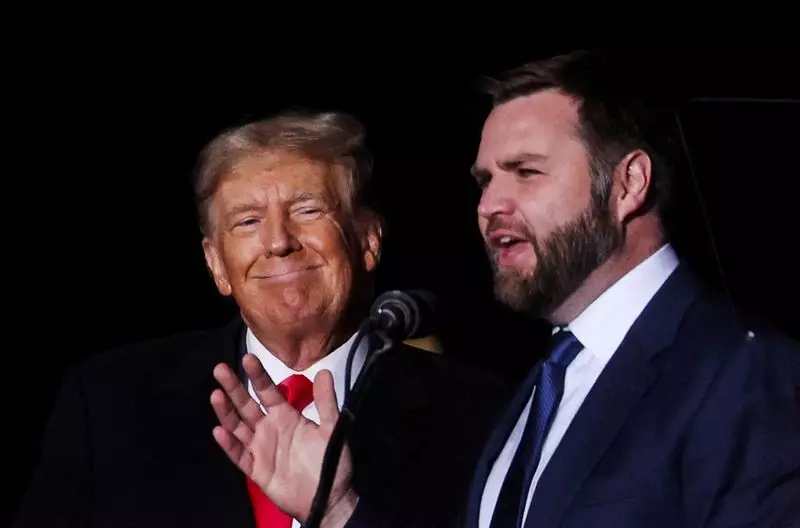In a significant display of China’s diplomatic endeavors, Vice President Han Zheng held key meetings with U.S. Vice President-elect JD Vance and Tesla CEO Elon Musk over the weekend. These discussions were strategically timed just prior to President-elect Donald Trump’s inauguration, signaling China’s eagerness to establish a constructive dialogue with the incoming administration. The meetings underline the importance of bilateral relations at a time when both nations face numerous economic and geopolitical challenges.
During his conversation with Vance, Vice President Han articulated a vision of enhanced cooperation between China and the United States. He underscored the potential benefits that could arise from a collaborative relationship, emphasizing China’s preparedness to work alongside the new U.S. leadership. This commitment is particularly relevant considering the nuances of Trump’s administration and its previously stated approach towards trade and international relations.
Han’s remarks align with a broader Chinese strategy of seeking engagement rather than confrontation, showcasing a desire to foster stability amidst a backdrop of fluctuating relations. By invoking principles such as mutual respect and peaceful coexistence, he sought to reassure Vance of China’s intentions to contribute positively to bilateral relations. This emphasis on “win-win” cooperation signals an invitation for the U.S. to explore mutually beneficial partnerships, particularly in sectors where both nations stand to gain.
The discussion transitioned into a meeting with Musk, which highlights a particular area of interest: technology and innovation. Han’s welcome to Musk and Tesla represents China’s proactive approach in inviting foreign investment, especially from dynamic tech companies. Electric vehicles have become a priority in China’s economic strategy, and Tesla stands as a symbol of cutting-edge technology and consumer appeal.
By encouraging American companies to take part in China’s growth narrative, Vice President Han not only reinforces economic ties but also positions China as an attractive market for future investments. This outreach is particularly significant for Tesla, as the company continues to expand its footprint in the Chinese market—an essential move for any global automaker looking to thrive in the rapidly shifting landscape of the automotive industry.
Vice President Han Zheng’s diplomatic efforts indicate a pragmatic approach by the Chinese leadership as the nation braces for a new era of U.S. governance. By fostering dialogue with key American figures, China aims to pave the way for a constructive relationship that emphasizes collaboration over competition. The meetings not only reflect China’s aspirations to stabilize relations but also its commitment to integrating foreign enterprises into its economic framework. As both countries stand at a crossroads, these discussions may prove vital in shaping future interactions, reinforcing the notion that constructive dialogue is essential for addressing complex global challenges.

